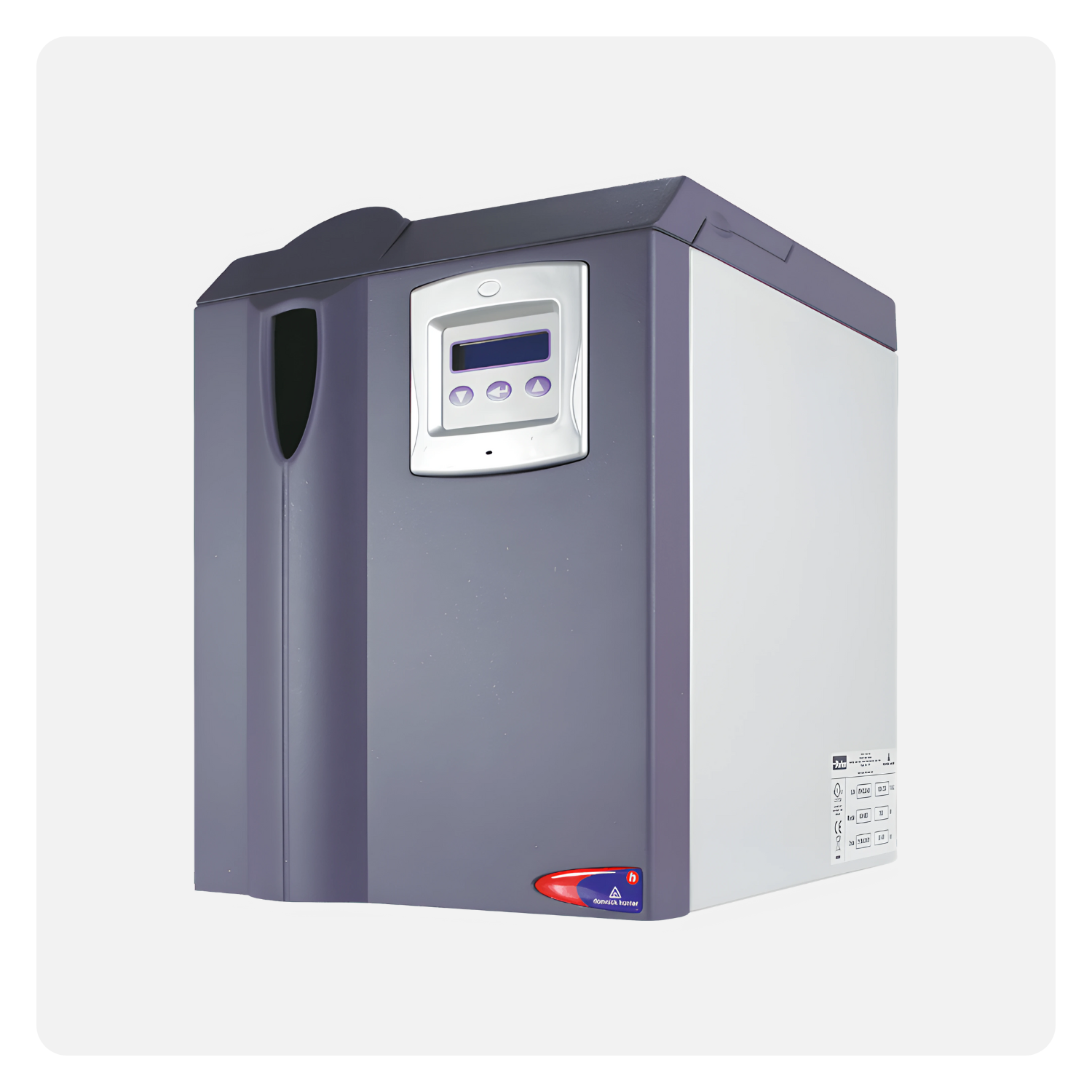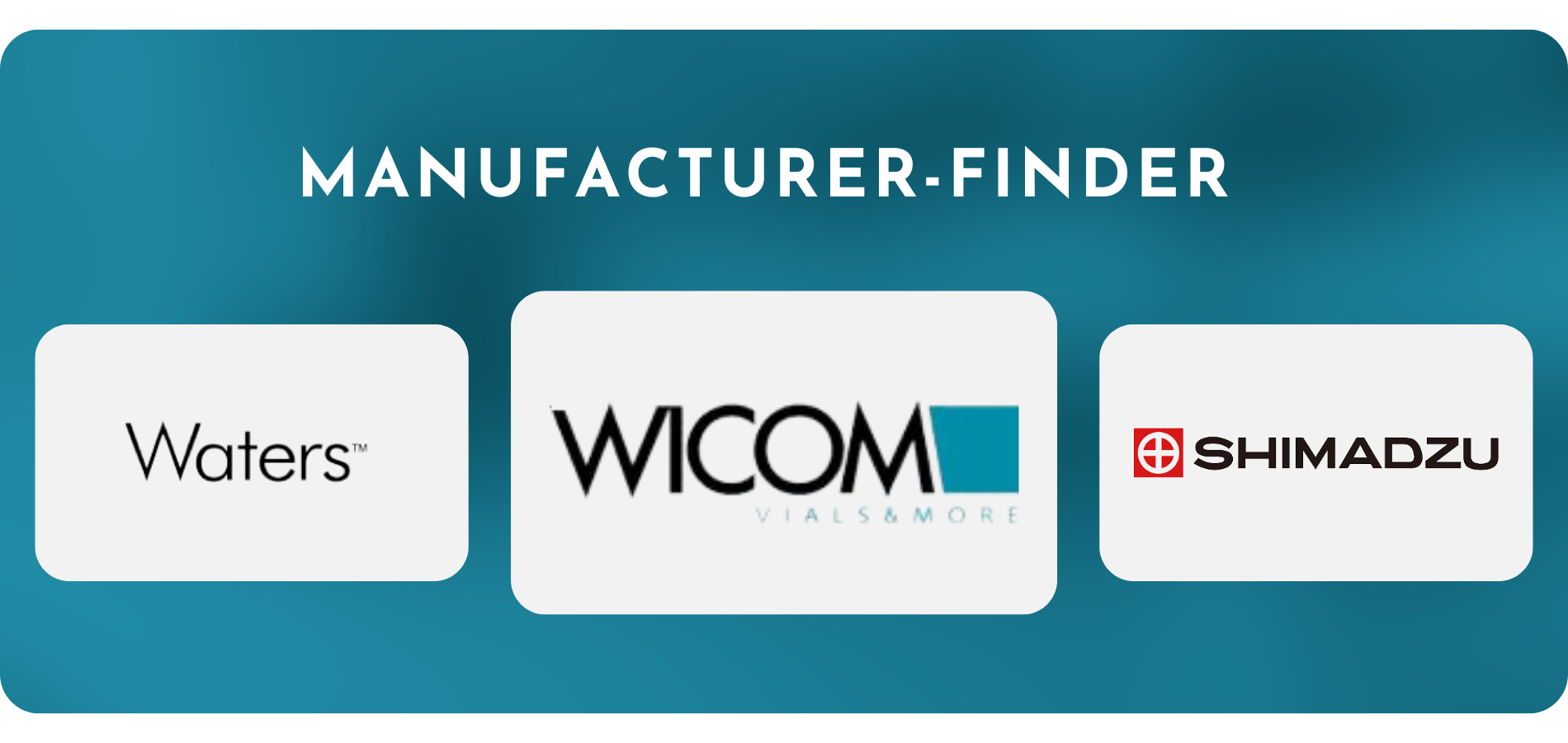Register now & benefit directly
Your advantage account in seconds!
Get more service, more discounts, more benefits - simple and straightforward.
- Save €20 immediately: Exclusively for new customers: Sign up and save directly on your first order. No effort - benefit immediately.
- Express order in seconds: Repeat previous orders with no effort at all. Re-order everything in just one click - efficiently and quickly.
- Exclusive discounts for regular customers: Only for registered customers: Receive regular special discounts that are only available to you. Save more - without additional effort.


Discover the WICOM products
HPLC & GC Analytics Shop from WICOM
Your specialised partner for laboratory accessories and spare parts
Your reliable partner since 1983: For over 40 years, WICOM Germany GmbH has been your contact for high-quality spare parts and consumables in the field of separation technology, with a special focus on HPLC and gas chromatography. We supply you with tried and tested products from well-known manufacturers and favourably priced alternatives - available quickly and at any time.
Laboratory accessories from Agilent, Thermo Fisher, Hamilton and more
Our employees have many years of experience both in the use of laboratory equipment and in technical support. We provide you with competent and personalised advice on all questions relating to HPLC and GC systems. Whether you need a new GC column or are looking for a cost-effective replacement for deuterium lamps from Agilent or PerkinElmer - with us you benefit from our expertise and always get the best products at the best price.
Comprehensive range of HPLC and GC spare parts
We offer a wide range of spare parts for your HPLC and gas chromatography systems. From syringe filters and deuterium lamps to inlet septa and gas generators - we have everything you need to keep your laboratory equipment running smoothly. In addition to original parts from leading brands such as Agilent, Thermo Fisher and PerkinElmer, we also offer affordable, fully compatible alternatives from other manufacturers. Simply contact us with the original article number of the accessories you require.
Fast availability for HPLC and GC accessories
Our extensive stock includes a wide range of laboratory products, including HPLC columns, detectors, crimp caps and much more. You will find products from Thermo Fisher, Agilent, Waters, Shimadzu and other leading manufacturers - as well as competitively priced alternatives and own brands.
Spare parts for older HPLC systems
Thanks to our in-house production, we can continue to reliably supply spare parts even for devices that are no longer supported by the manufacturer, such as the Hewlett-Packard 1050 and 1090 series. From deuterium and xenon lamps to pump head seals and valves - we offer you customised solutions. We also carry out repairs to your HPLC modules to ensure that your systems function perfectly.
HPLC columns and refill service
In addition to our own products, we also offer HPLC columns from other manufacturers such as Agilent, Hamilton, Thermo Fisher and Merck. We also offer a cost-effective refill service for price-conscious laboratories. Our experts will be happy to advise you on the selection of the ideal components for your laboratory applications.
Used HPLC and GC devices
In our equipment shop you will find used HPLC and GC systems refurbished by our experts - from individual modules to complete systems. We repair defective components such as mainboards or autosamplers and turn partially defective devices back into fully functional systems. You can rely on our expertise to equip your laboratory efficiently.






